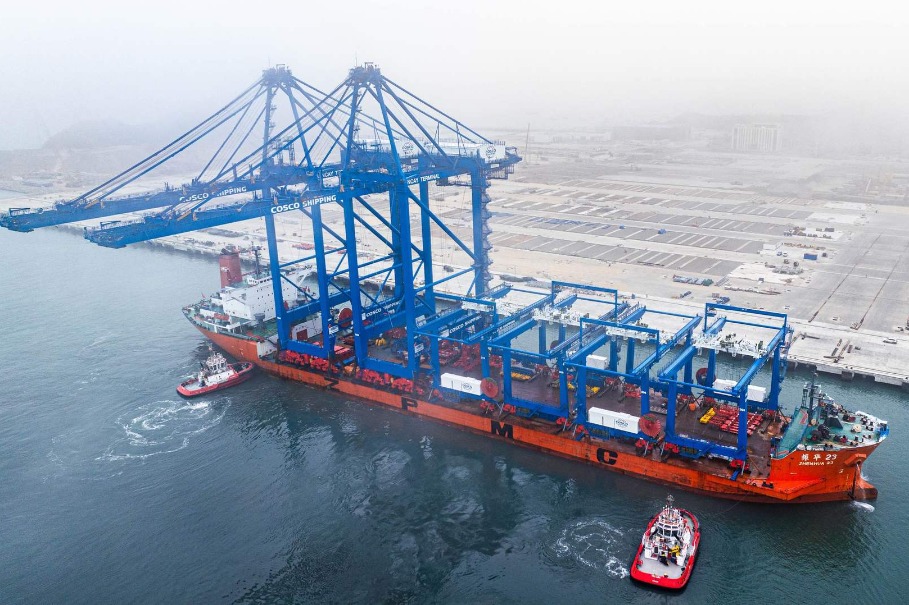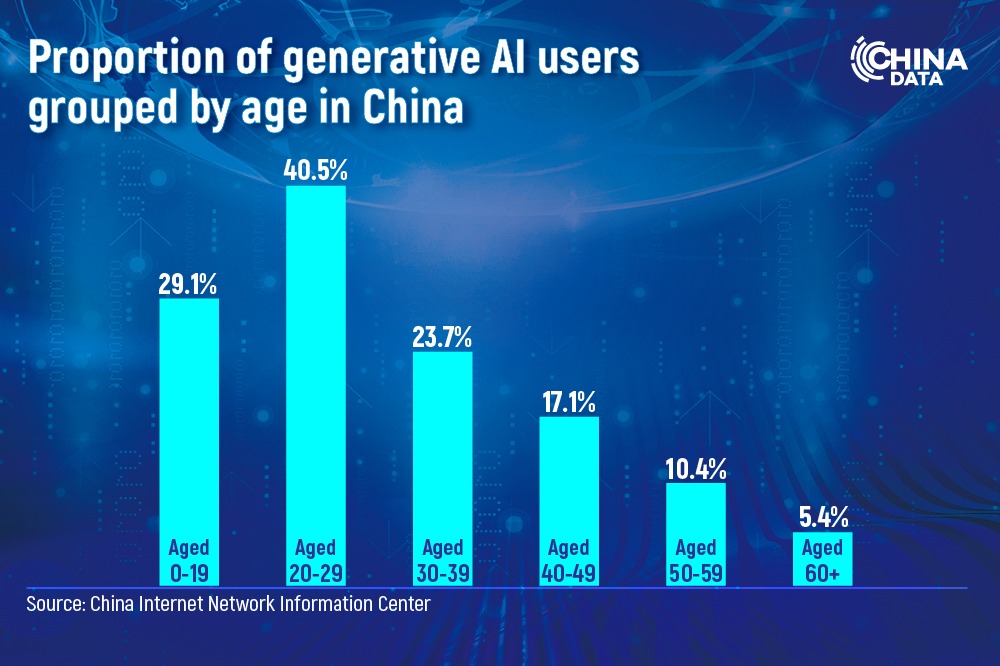Thucydides' Trap not an inevitability as long as both sides handle ties with vision and wisdom: China Daily editorial

The meeting between President Xi Jinping and US Senate Majority Leader Chuck Schumer and five other US lawmakers in Beijing on Monday marks yet another step forward in the two countries' efforts to normalize bilateral relations.
As President Xi said, the common interests of China and the United States dwarf their divergences, and competition and confrontation cannot solve the problems plaguing Sino-US relations. The two countries' development will create opportunities rather than challenges for each other, he stressed.
Earlier, in a meeting with Schumer, Foreign Minister Wang Yi said he hoped the visit will help US legislators to better understand China, view the country in a more objective way, and enable them to manage contradictions more reasonably.
Schumer said that the US does not pursue decoupling with China, and instead seeks a level playing field for US companies in China.
Open and frank exchange of views is pivotal to dispelling suspicions on both sides regarding each other's motives, and helping rebuild political mutual trust. This is a necessary step they must take to improve bilateral relations, believed to be the most consequential for the 21st century, as no major global challenge can be addressed without Sino-US cooperation. Which explains why an increasing number of rational voices from the international community is calling for the two sides to normalize relations.
Schumer's visit, in a way, seems to partly answer that call. Also, his visit follows the visits of several senior US officials since June, indicating the willingness of both sides to rationally manage their differences and stabilize bilateral relations.
Yet the strained relations can be attributed to Washington's machinations to check China's rise. That the US has adopted a confrontational approach toward China, especially on the trade and technology fronts, and initiated geopolitical rivalry with China with its "Indo-Pacific" strategy in order to curb China's development contradicts its claim of not seeking conflict with China.
But now that a series of high-level exchanges between China and the US have injected some positivity in bilateral ties, the two sides must make good use of the opportunity to resolve at least some of their differences. Hopes about more communication channels being built between the two countries' legislatures were raised when President Xi urged the US lawmakers to help strengthen exchanges with their Chinese counterparts, and make their due contribution to stabilizing Sino-US ties.
As Xi stressed, the Thucydides' Trap is not an inevitability as long as the two countries exercise their vision and wisdom to handle their relations responsibly. The differences between China and the US did not hinder their cooperation in the past, and they should not in the future either.
Hopefully, these frequent exchanges will lead to a meeting between the leaders of the two countries at next month's APEC meeting in San Francisco.


































